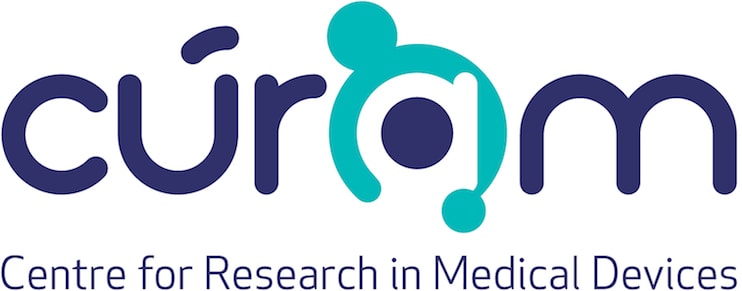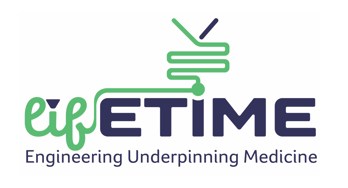Birmingham host Student Day event
By Emma Lardner (She/Her) (lifETIME CDT Administrator for Birmingham and Operations Manager of the Healthcare Technologies Institute, University of Birmingham) Our annual Student Day event took place on Tuesday 27th September 2022 at the Edgbaston Park Hotel and Conference Centre, Birmingham. The event invited Students, Supervisors, Management committee members, Industry partners and Steering Board members …








